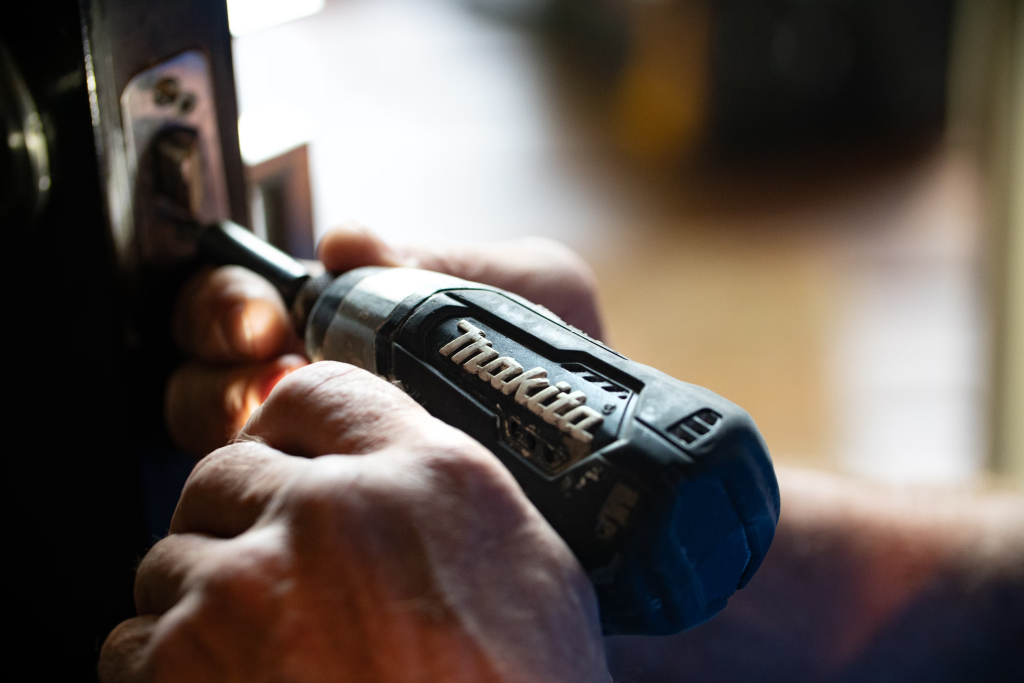
What Does “Licensed and Insured” Actually Mean?
You’ve probably seen it on every contractor’s truck, business card, or website:
“Licensed and Insured.”
It’s a phrase that gets thrown around a lot, but what does it actually mean—and why should you care?
In this post, we’ll break it down in simple terms so you know exactly what to expect when hiring an electrician, plumber, or any contractor for your home.
Licensed: They’ve Met the Standards
When a contractor is licensed, it means they’ve met specific requirements set by your state or local government. These requirements usually include:
-
Completing formal training or apprenticeship programs
-
Passing written exams on safety codes and regulations
-
Demonstrating experience in the field
-
Staying up-to-date with continuing education
In short, a license proves the contractor knows what they’re doing—and that they’re legally allowed to do it.
Watch out for: Contractors who “used to be licensed” or say they don’t need one. Licensing laws exist to protect homeowners from poor or unsafe work.
Insured: You’re Covered If Something Goes Wrong
Being insured means the contractor has policies in place to protect both you and them in case something goes wrong on the job. There are two main types of insurance:
-
General liability insurance: Covers property damage or injury caused by the contractor’s work.
-
Workers’ compensation insurance: Covers medical costs or lost wages if a worker is injured on your property.
If a contractor isn’t insured, you could be on the hook for damages or injuries that happen during the project.
Real-life example:
An uninsured electrician accidentally starts a fire while rewiring your kitchen. Without insurance, you could end up paying out of pocket for repairs.
Why It Matters to You
Hiring someone who’s licensed and insured might cost a bit more upfront, but it protects your home, your money, and your peace of mind.
When in doubt, ask for proof. A reputable contractor won’t hesitate to show you their license number or a certificate of insurance.
